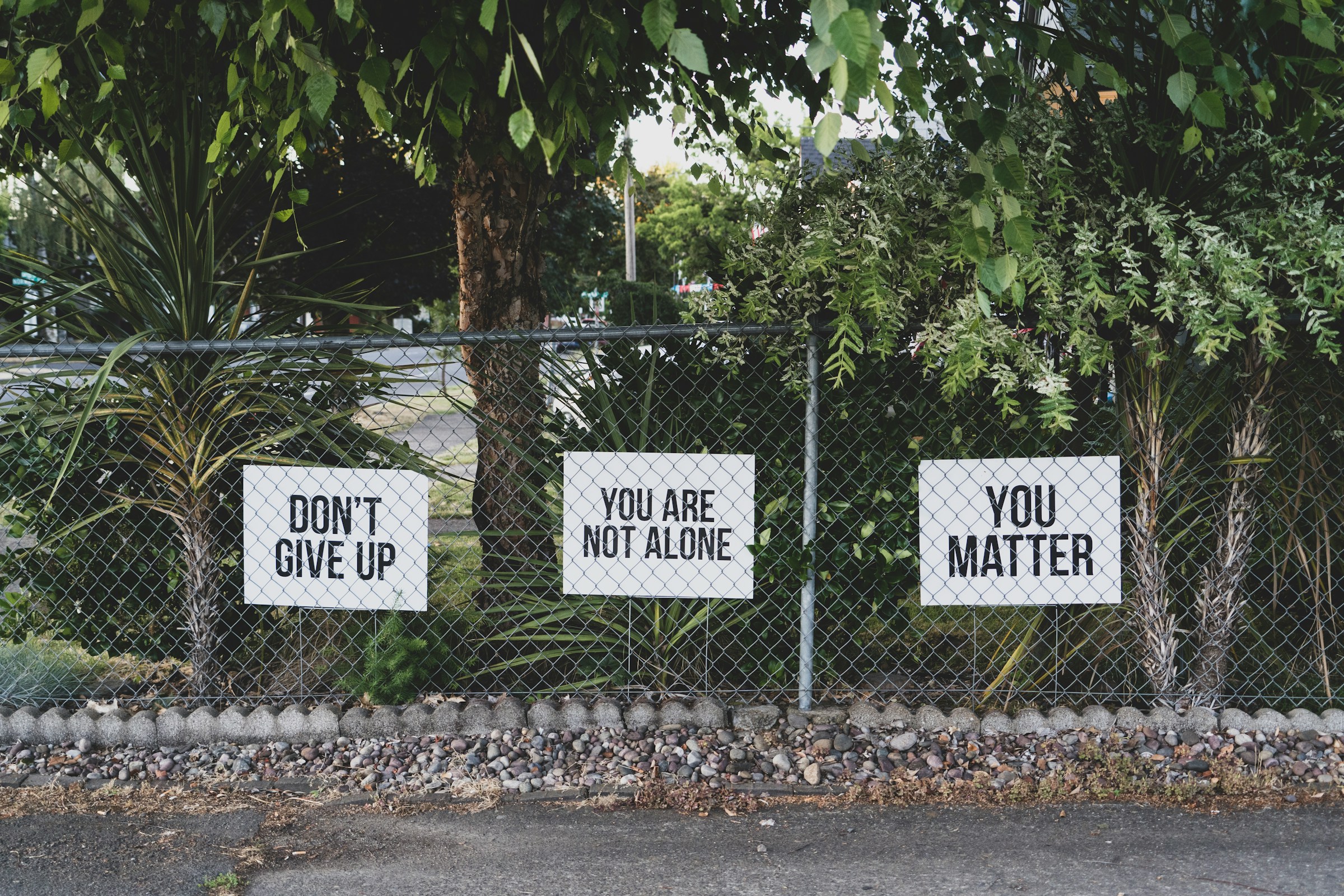Cognitive behavioral therapy (CBT) is a widely used approach by depression therapists and anxiety therapists to treat a range of mental health challenges. CBT is grounded in the idea that our thoughts, emotions, and behaviors are closely connected. When individuals experience negative thought patterns—such as self-criticism or fear—it can lead to emotional distress and unhelpful behaviors. CBT helps clients identify these patterns and replace them with healthier, more constructive ways of thinking and acting.
CBT has been proven effective for treating depression, especially when guided by a skilled depression therapist. It focuses on recognizing cognitive distortions—irrational and overly negative ways of interpreting oneself and the world. In therapy sessions, clients work collaboratively with their therapist to challenge these thoughts and develop more realistic and balanced perspectives.
A vital component of CBT is behavioral activation, which is particularly helpful for those dealing with depression. Depressed individuals often withdraw from activities and relationships, which can intensify their symptoms. CBT encourages re-engagement in enjoyable and meaningful activities, leading to improved mood through positive reinforcement.
CBT is also a valuable tool for anxiety therapists. It teaches practical coping skills like relaxation techniques and problem-solving strategies that help individuals manage stress and anxiety more effectively. These skills are especially important in teen therapy, where adolescents are learning to navigate emotional challenges, build resilience, and develop healthy mental habits early in life.
Clinical research supports CBT as an effective treatment—sometimes as effective as medication—for depression and anxiety. Whether it’s used in adult or teen therapy, CBT empowers individuals with lifelong tools for improving emotional well-being and maintaining progress after therapy ends. For many, it offers a clear path to better mental health and a more hopeful outlook.
How does CBT help relieve depression?
People with depression often have negative thoughts about themselves, the world around them, and the future. These negative thoughts can lead to feelings of sadness, hopelessness, and worthlessness. CBT can help people to identify and challenge these negative thoughts. For example, a person with depression might have the thought, “I’m a failure.” A CBT therapist would help the person to challenge this thought by asking them to consider evidence for and against it. The therapist might also help the person to develop more realistic and helpful ways of thinking about themselves.
CBT can also help people to change their unhelpful behaviors. For example, a person with depression might withdraw from social activities or avoid doing things that they enjoy. A CBT therapist would help the person to develop a plan to gradually increase their engagement in activities that they enjoy. This can help to improve the person’s mood and sense of well-being.
What to expect from CBT for depression
CBT is a short-term therapy, which means that most people see results within 12-20 sessions. However, the length of therapy will vary depending on the individual’s needs. CBT is typically conducted in individual sessions, but it can also be done in groups.
During CBT sessions, the therapist will work with the person to develop a treatment plan. The treatment plan will be based on the person’s individual goals and needs. The therapist will also teach the person CBT skills that they can use to manage their depression on their own.
Benefits of CBT for depression
CBT is an effective treatment for depression. It can help people to:
- Reduce their symptoms of depression
- Improve their mood
- Increase their engagement in activities that they enjoy
- Develop coping skills to manage stress and difficult emotions
- Improve their overall quality of life
Common CBT techniques for depression
Some common CBT techniques for depression include:
- Cognitive restructuring: This technique helps people to identify and challenge their negative thoughts.
- Behavioral activation: This technique helps people to gradually increase their engagement in activities that they enjoy.
- Problem-solving skills training: This technique helps people to develop skills for solving problems in a more effective way.
- Relaxation techniques: These techniques can help people to reduce stress and anxiety.
- Mindfulness: This technique helps people to focus on the present moment and without judgment.
How to find a CBT therapist for depression
If you are interested in trying CBT for depression, you can ask your doctor for a referral to a depression therapist. You can also search online for CBT therapists in your area. When choosing a therapist, it is important to find someone who you feel comfortable with and who has experience treating depression.
Get Professional Help for Depression Today – In Longmont, CO
You’re not alone if you’re battling depression. It’s a common issue, but that doesn’t make it any less difficult to handle. You can develop effective strategies for managing depression, empowering you to take control of your life.
Depression therapy isn’t just about managing symptoms.
It’s about understanding the root cause of your depression and learning strategies to cope.
So, whether you’re considering therapy for the first time or looking to understand it better, you’re in the right place.
Conclusion
CBT is a safe and effective treatment for depression. It can help people to reduce their symptoms, improve their mood, and develop coping skills to manage their condition. If you are struggling with depression, consider talking to your doctor about CBT.

